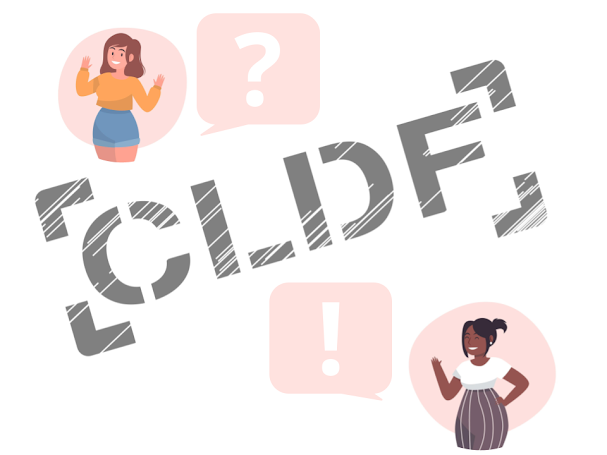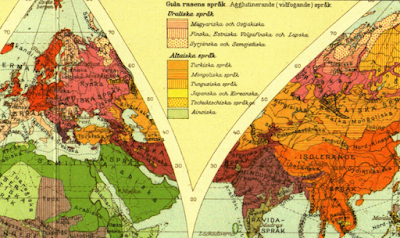Indigenous voices on research methodology
Reading/listening suggestions for people doing language documentation and description in communities that are they are not a member of: "Something's gotta change" by Lesley Woods (2023): https://press.anu.edu.au/publications/series/asia-pacific-linguistics/somethings-gotta-change also Gaby, A., & Woods, L. (2020). Toward linguistic justice for Indigenous people: A response to Charity Hudley, Mallinson, and Bucholtz. Language , 96 (4), e268-e280 https://old.linguisticsociety.org/sites/default/files/e05_96.4Gaby.pdf also podcast Because Language episode 35 with Woods & Gaby https://becauselanguage.com/35-somethings-got-to-change/ "Decolonizing Methodologies" by Linda Tuhiwai Smith (1999): https://en.wikipedia.org/wiki/Decolonizing_Methodologies (Māori, New Zealand) "Studying the vernacular in the vernacular – Luqa literacy in the Solomon Islands" by Dr Alpheaus Graham Zobule. Talk at the Australian Research Council's Centre of Excel...


